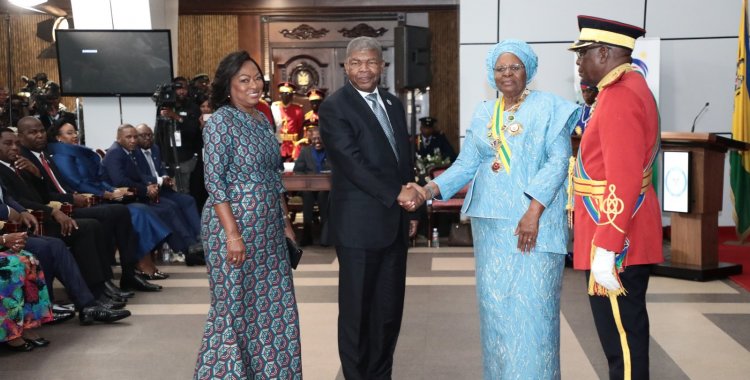According to information shared on the Namibian presidency's page on the social network X, the visit “underlines the long-standing ties of friendship, solidarity and cooperation” that exist between the two countries, based on a “shared history, regional unity and mutual socio-economic interests”.
The visit “constitutes an opportunity for the two countries to deepen strong bilateral and commercial relations for the benefit of both nations”, reads the same note, highlighting that the bonds of friendship date back to the fight for Namibia's independence, achieved in 1990 after negotiations between Angola, South Africa and Cuba.
At the time, Angola was still struggling with the long civil war that lasted between 1975 and 2002 and supported SWAPO (South West African People's Organization) which was fighting against the South African occupation, allied with the UNITA (National Union for the Total Independence of Angola) rebels.
The current President, Netumbo Nandi-Ndaitwah, the first woman to lead Namibia, is also a member of SWAPO, the party that has ruled Namibia since independence.
According to the Namibian presidency, “the visit is expected to strengthen bilateral ties and accelerate progress in strategic areas of cooperation, particularly in the sectors of agriculture, trade and oil and gas”.
Namibia has been investing in the exploration of its oil and natural gas reserves, attracting the interest of multinational giants, and also of Galp, which has drilled five wells in just over a year in that country, where it expects to invest 155 million euros this year.







